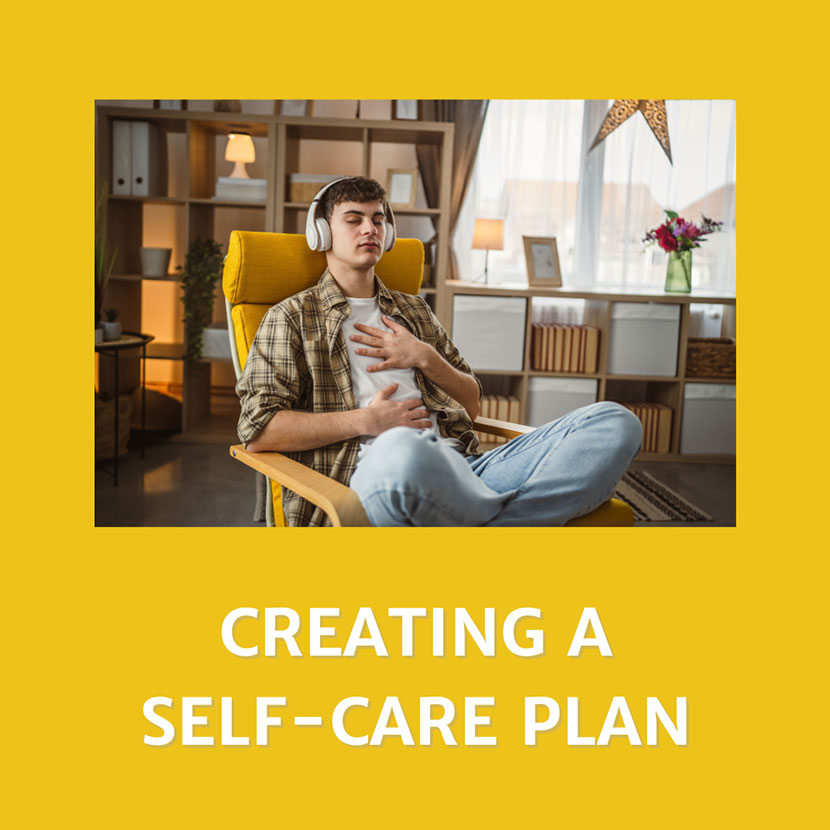Why Mental Health Disparities Exist
Mental health disparities are rooted in long-standing systemic inequities. According to the American Psychiatric Association, only about one-third of Black adults who need mental health services receive them. Similar gaps exist for Latino, Asian American, and Indigenous communities.
Common Barriers BIPOC Individuals Face
Some of the most common obstacles include:
- Cultural stigma. In many cultures, discussing mental health is taboo or seen as a weakness.
- Lack of representation. Few providers share cultural backgrounds with their clients.
- Language barriers. Limited English proficiency can make treatment inaccessible.
- Financial barriers. Lack of insurance or affordable care is a major hurdle.
- Fear of discrimination. Concerns about being judged or misunderstood often prevent people from seeking help.
Strategies for Advocating for Equity
Change is possible when individuals, communities, and systems work together. Here’s how you can advocate for equitable access:
- Educate yourself and others. Learn about disparities and share information.
- Ask for culturally responsive care. You have the right to request providers who understand your culture and language.
- Support diverse providers. Encourage training and hiring of therapists from underrepresented backgrounds.
- Speak up. Advocate for policies that expand access to affordable care.
Helpful Resources and Organizations
Local (Santa Barbara):
- Mental Wellness Center – (805) 884-8440
- Mindpath Health Therapists in Santa Barbara – (805) 618-9849
- Santa Barbara County Behavioral Wellness – (888) 868-1649
National:
FAQs:
Q1: What are the main barriers to mental health care for BIPOC communities?
A1: Some of the most common barriers include cultural stigma, lack of representation among providers, language challenges, financial obstacles, and fear of discrimination.
Q2: How can I find culturally competent mental health services?
A2: You can start by exploring directories like Latinx Therapy, Asian Mental Health Collective, and Therapy for Black Girls. Also, ask providers about their experience working with diverse communities.
Q3: How can allies help reduce mental health disparities?
A3: Allies can listen without judgment, challenge stigma, share culturally competent resources, and advocate for policies that expand access to affordable mental health care.





